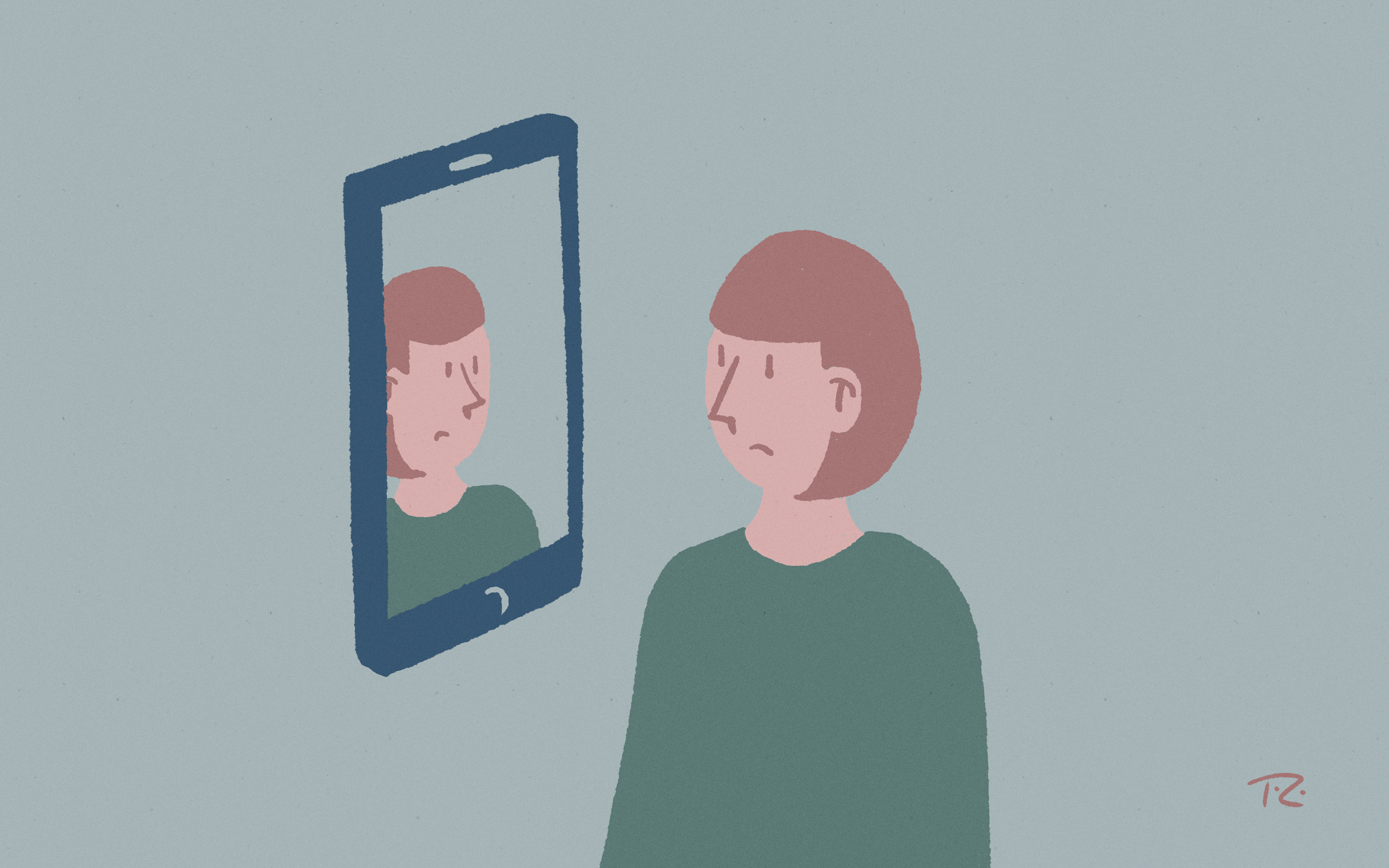I love TikTok as much as the next Gen Z-er, but that doesn’t mean it’s good
When one is in a tormented state of mind, we often turn to the easy fix — quick stimulation that will produce serotonin in our brain, and help us to feel all warm and fuzzy once again.
But sometimes we fall into a vicious spiral of self-loathing. And sometimes that spiral is aided by social media — trust me, I have been there.
TikTok is a place that’s filled with hate, and it’s easy to get stuck in the wrong place. It’s an app where anyone can reach fame and fortune for dancing, or pretty much any other talent — but also a place where people tear each other down constantly. I mean, just look at the comment sections (which is half the fun, if I’m being honest).
Hugo Bronckart, or @hugoingtohell on TikTok, a second-year Communications student at Concordia, gained popularity over the summer on the platform. He can speak to how the torment that is present on the app impacts his experience on the app as a creator, and as a user.
“A lot of the comments can be really out of pocket sometimes. People will just come for you for the smallest detail,” he said. But in his experience, this is similar to any popular social media platform.
However, there is another side to TikTok — a hidden side — that considers itself as elite (alt TikTok, duh). This is the side that @hugoingtohell finds himself on, this is a side that, in my opinion, is a more acceptable, and generally a nicer, more open minded place to be.
In his own words, his For You page is filled with creators, artists, and queer people. Bronckhart says he feels genuinely accepted within the alt side of Tik Tok.
“I feel like it’s a pretty good app. Obviously, I realize I am still a white male, and I fit into those beauty standards on the app, especially as a skinny white gay guy…”
The main issue with TikTok, in my opinion, are the smoke screens of self-acceptance and body positivity trends. These are disguised to make us feel good, but can largely make people feel unaccomplished. At the end of the day, this app just perpetuates a negative body image for any person, of any age.
For example, the idealization of teenagers — primarily their body types and lifestyles — is rampant on the app. Most users of the chinese social media platform are in their twenties, but a lot of the influencers on so-called straight TikTok are young, beautiful girls. Bronckart said, “Since there are so many young girls, you can be really sexualized really easily, especially in those trends like the WAP trend. But I don’t really experience it though, I just see it.”
For example, there is an overflowing amount of “what I eat in a day” videos with eating habits that should never be copied. It’s not uncommon for the creators of these videos to eat a single rice cracker with apple butter in the morning, followed by a whopping McDonalds feast at 11 p.m. This tempts us to feel bad about eating full meals, because most of the time we see skinny girls eating much less.
It’s also the new platform where people can get cancelled as fast as they rise, completely disregarding their persona and shutting them out of the inner circles.
“It’s a huge thing that can be toxic,” said Bronckart.
This phenomenon can be great, like when it comes to Harvey Weinstein or another monster. But when we are dealing with a young adult who has yet to fully grow and mature — such as James Charles, a young makeup artist who has cancelled throughout all social media for a personal scandal with Tati Westbrooke, I think it can be extreme.
Don’t get me wrong, there is always entertainment in seeing what others do. For example, duetting is one of the most underrated features of the app. It allows users to create a side-by-side response of a video, allowing them to answer questions directly or to give context or an opinion on a separate video. These are then circulated through the For You page.
“I’ve seen a lot of Indigenous creators calling out people… It gives different perspectives,” said Bronckart.“Duetting stuff, it’s a super good tool because you actually get to educate the person who created the original video, but also other people on the app.”
However, we have to stay constantly aware that we can easily fall onto the laps of trolls, and in TikTok this is facilitated to a next level. All of this to say, take it with a grain of salt.
Feature graphic by Taylor Reddam
